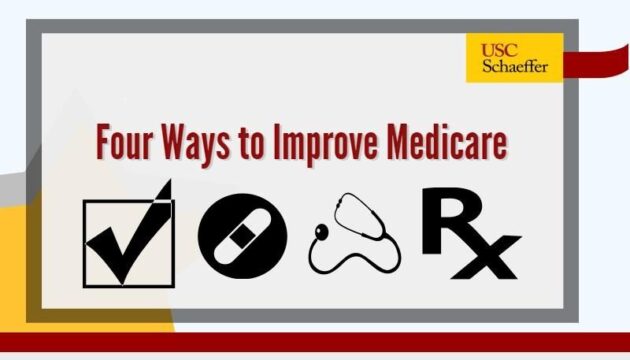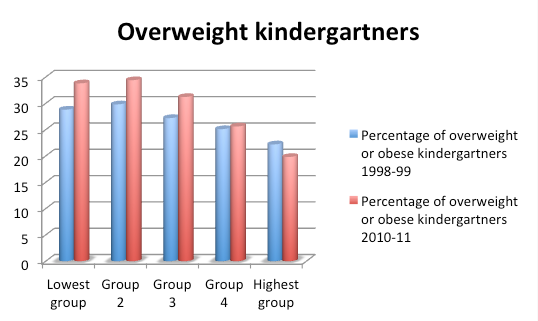Evidence Base
More from the Evidence Base Blog
-
A New Line of Specialty Drugs: PCSK9 Inhibitors (Part 2)
The major group likely to benefit are people with Familial Hypercholesterolemia (FH)- an inherited disorder effecting around one in 500 Americans.
Categorized in -
What’s a Fair Price? The Debate Over Value & Cost of Specialty Drugs (Part 1)
How do we make these treatments affordable and accessible to those who need them most while ensuring quality care and encouraging new innovation?
Categorized in -
Long Term Educational Consequences of Alternative Conditional Cash Transfer Designs: Experimental Evidence from Colombia
Unlike traditional payments, forcing families to save a portion of their stipend induces students to enroll in college at higher rates than students in the control condition.
Categorized in -
Vaccine-Preventable Diseases in Adults are Costly
It’s easy to get distracted by the controversy and politicizing that all-too-often occupies vaccine debate, but regardless of ones stance on the issue, the high costs associated with the diseases they prevent are indisputable.
Categorized in -
Broadening Education Policy Research: The Character Assessment Initiative
The point of our work on culturally-enriching activities and character is to expand the scope of education policy research.
Categorized in -
Four Evidence-Based Strategies to Improve Medicare
With the increase in beneficiaries from the aging baby boomer generation inevitably will come a larger price tag. This is leading many policy and industry experts to speculate and worry about the program’s long term ability to provide quality and affordable coverage.
Categorized in -
Myopia and Complex Dynamic Incentives
We consider how individuals act near the so-called donut hole, the large coverage gap in Medicare Part D that started at $2,510 in total expenditures for the year of our sample.
Categorized in -
Reports of a Slowdown in Childhood Obesity Don’t Tell the Whole Story
My colleague Paul Chung from UCLA and I analyzed the Early Childhood Longitudinal Study and found overweight and obesity increased 20 percent among kindergartners from low- and middle-income households over the course of a decade
Categorized in -
The Schaeffer Center’s Data Core Bring a Wealth of Experience, Expertise
At the heart of the Schaeffer Center’s Data Core are a group of five research programmers who support faculty, contribute to research projects, and help students get up to speed on research programming.
Categorized in -
Ending Suffering by Ending Persons
Because physician-assisted suicide does not just end suffering but also ends a person, it trusts that in the future we would be the same person that we are now—the person who wants to commit suicide, says Jason Doctor.
Categorized in









